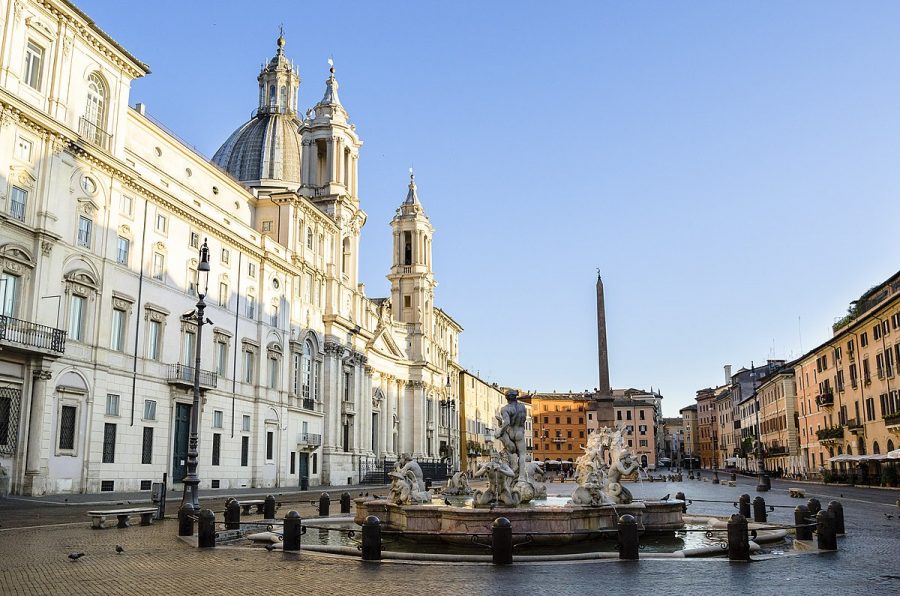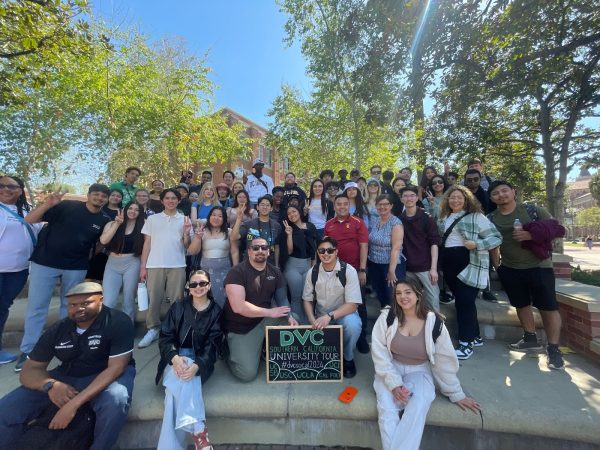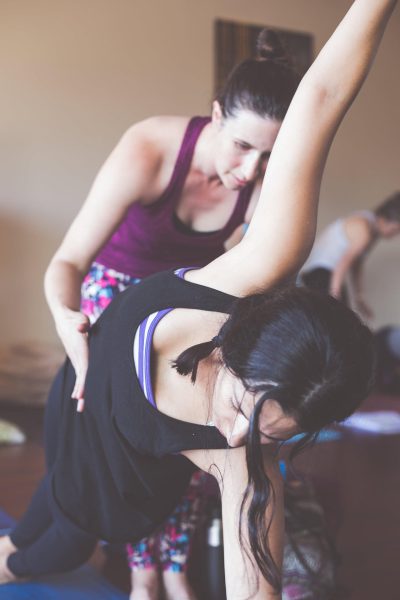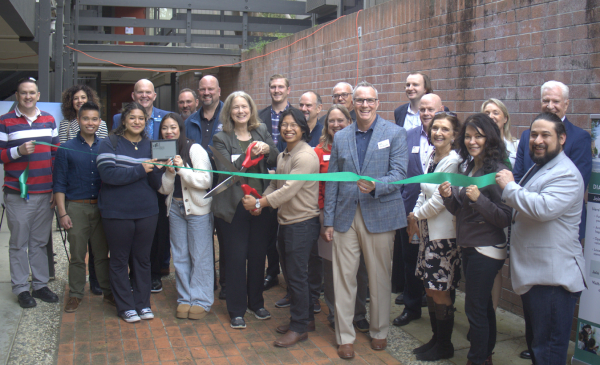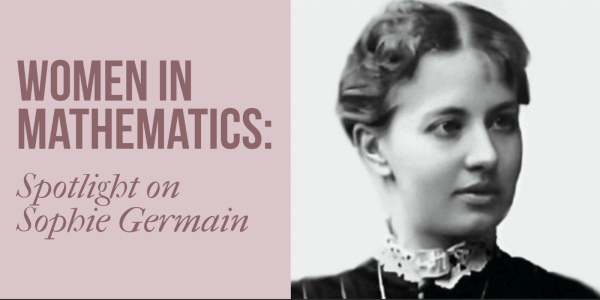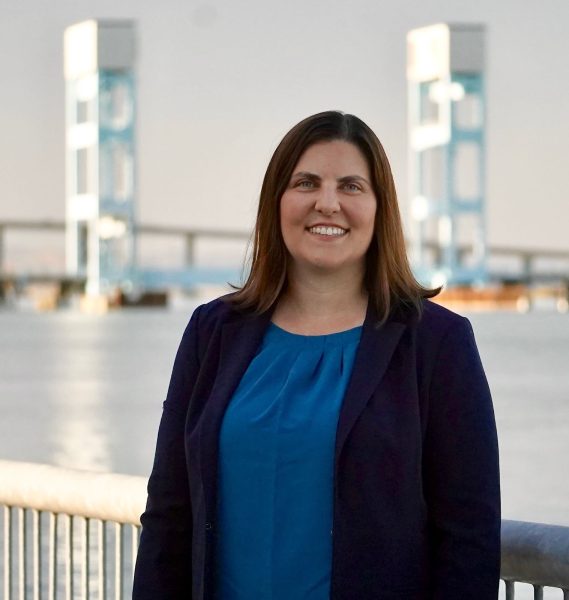A Different Kind of Proposal: Traveling Through Italy in the Time of Coronavirus
May 2, 2020
Have you ever heard the warning not to travel during flu season? What about traveling during an international virus outbreak? True, neither sounds like the smartest idea. Yet despite multiple red flags, my fiancé and I pressed on in March and traveled through Italy during the heat of the Coronavirus outbreak.
By early February, the virus had become publicly known, but nothing much changed about the way people lived or traveled. As the month continued, COVID-19 spread and travel in Europe started to become more restricted. China had closed its ports and borders, but by that time the virus was already widely felt across northern Italy, where Aleah and I had planned to start our vacation.
As the United States government began to put travel restrictions on certain countries, we kept a close eye on Italy where cases were slowly on the rise. Though Italy had reached a warning level three, travel from the U.S. to Italy remained unrestricted and American citizens were still allowed to leave the country and travel there freely. We’d paid good money for the trip and decided it was worth the risk. Additionally, we reasoned that if we skipped Venice, the remainder of our Italian vacation would be in the south, where the virus rates were much lower.
Our flight to Venice had a layover in Munich, Germany, where we got off and decided to fly instead to the less risky city of Florence. While in Munich, the world seemed to go on pretty much unaffected. People wandered the streets as they normally would, and very few wore masks and gloves. We went to dinner at the popular beer hall Hofbräuhaus and quickly discovered that social distancing wasn’t a phrase anyone there cared about; instead, everyone shared tables in a community-style environment, eating pretzels bigger than your chest and drinking from mugs of beer so deep you wondered if they had a bottom.
The next morning before our flight to Florence, we traveled via subway downtown to see Marienplatz, the central square of Munich. On the crowded train, people sat next to each other and all the seats were full. At Marienplatz, the streets seemed somewhat empty but shops were still open and busy enough for people to pretend nothing was out of the ordinary.
Then, at the airport, we hit our first snag. The airline company told us that due to wind problems, our flight had been cancelled. I suspected it was actually because there were so few people lined up waiting to go to Italy. I met the other four people on our flight at the baggage claim, and we learned that every other flight was still scheduled for that day; only the planes to Italy had been cancelled.
We managed to book a flight with a different company leaving later that day, and we finally reached Florence. As we disembarked, we came to an Italian version of the Center for Disease Control checkpoint where they scanned our foreheads, checking us for fever. This was the one and only time our entire trip that we were scanned for anything.
What we found once we got into Florence was a ghost town. I used to travel quite often when I was younger – to France and Switzerland during high school, and to Germany when I was in the Air Force – so I have a general idea of what everyday life, and nightlife, looks like in Europe. Nothing prepared me for the desolation I saw on the streets of Florence.
It was obvious from the moment we arrived at our hotel, hungry, and decided around midnight to go find something to eat. Nothing was open, anywhere, not even a fast food restaurant. The next morning we took a train to the main square of Florence, the Santa Maria Novella, and as we walked through the streets, every restaurant had servers standing out front by empty tables trying to pull customers in. When we lined up outside the usually packed Church of Saint Michael, we didn’t have to wait more than five minutes to get let in.
On our second day in Florence, our planned biking excursion was cancelled due to the virus, so we booked a day trip to see Siena, San Gemignani, a castle named Montalcino, and to do some wine tasting in Chianti Classico. Big surprise: those places were largely on lockdown as well. In Siena, everything that was meant for tourist eyes was closed that morning in an attempt to reduce the fast spread of the virus. On our walking tour we viewed only the outsides of historical buildings and empty streets devoid of locals.
At the winery later, we tasted wonderful wines and cheeses as well as a pasta dinner, after which, in the courtyard, I did something not many people in the time of the coronavirus came to Italy to do: I proposed to my fiancé.
By that time many foreign students were being sent home to avoid the worst of the virus. Life for everyone in the country was grinding to a halt. But we carried on, traveling by train to Rome, and perhaps oddest was the fact that we experienced no checkpoints of any kind along the way. However, by the time we made it to the capital, the Italian government had placed harsh restrictions on all aspects of public life. Tourist attractions were closed and police and military had installed checkpoints throughout the city. The atmosphere was stricter: people at restaurants were now forced to sit at separate tables from one another, all the doors shuttered at 6 p.m., and people were forbidden to gather in public for more than a few minutes. At one point I saw a police officer yell at a woman who had just sat down to take a photo.
On our last day in Rome, President Trump announced that all in-bound flights to the United States from Italy were cancelled – including ours, destined for Toronto. The airport was a circus of individuals wandering around with confused faces, staring at their phones, trying to figure out the next move. Stuck there and unsure what to do next, we researched our options and learned that Trump’s new restrictions on people entering the U.S. from Italy didn’t apply to American nationals who were returning home. We quickly booked a new flight to Munich, then on to Toronto where the only question they asked at customs was whether we “had come into direct contact with anyone who was infected.” I said no, since I genuinely believed that I hadn’t, and as I write this, my quarantine is over and I am happy to report that I feel fine.
Since arriving back home in the Bay Area on March 16, I can’t help but think about our government’s deception as it worked to make people feel safe even as the deadly virus was blowing up worldwide, and within our own borders. Traveling through Italy during this time was a life-changing event. But if and when things return to “normal,” I’m still planning to get married. That’s something even the virus can’t take away from us.
Devon Jones is a sophomore at DVC majoring in computer science.





































































